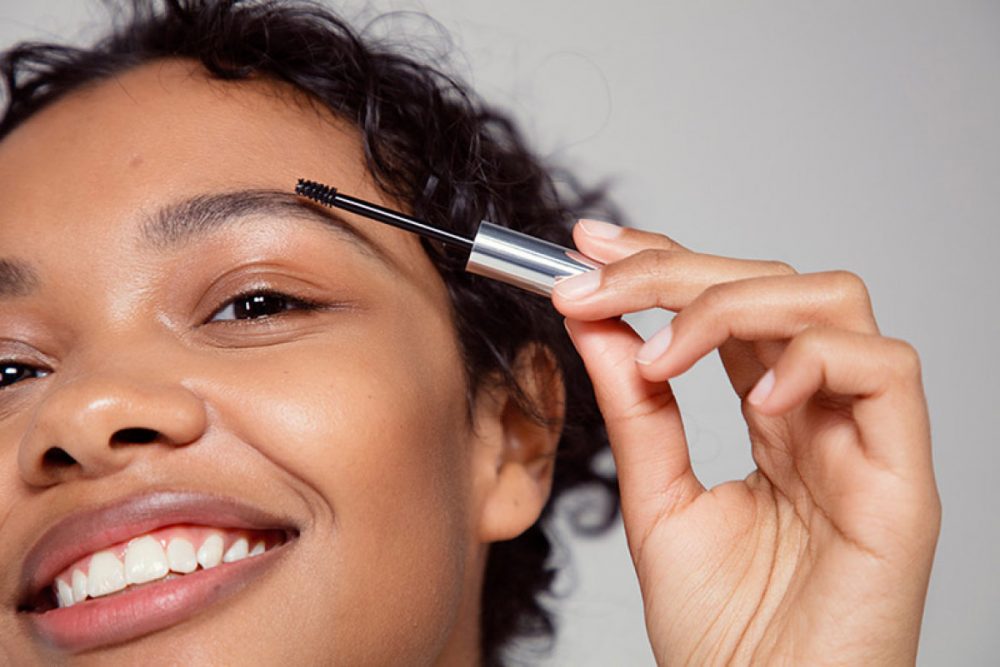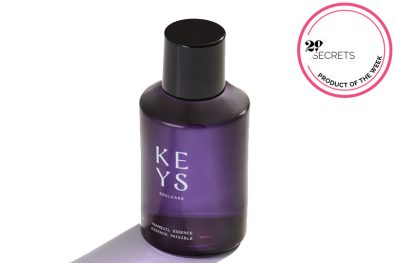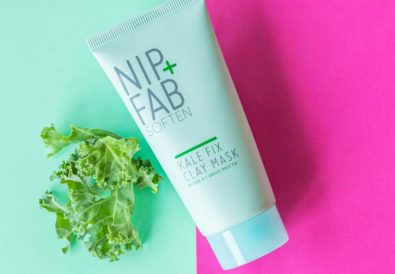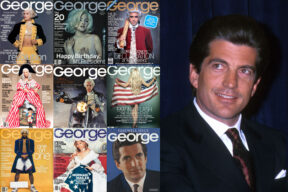Last week, most of our Instagram feeds were filled with pics of Glossier products after they successfully made their way past the Canadian border (and arrived in the *very excited* hands of our friends and people whose lives we follow closely via social media). Bringing us to the great question: why?
Makeup brands and makeup trends aren’t new. (Duh.) The beauty industry is built on Next Big Things and the lifestyle messages interwoven into products’ narratives and public images. In Glossier’s case, less has become even more. We first met CEO Emily Weiss as an intern on The Hills, which happened years before Weiss launched Into the Gloss, in which big names and small(ish) would share a glimpse into their makeup routines/regimens/etc. In 2014, she founded Glossier, and in the three years since, it’s become a cultural phenomenon.
And I mean seriously: its no-marketing approach to marketing has created space for Glossier fans (whether famous or not) to speak about products, to share Instagram-ready images of them, or even attest to what each and every item can do. Products are lightweight, straightforward, and focus on a relaxed approach to beauty, and the brand’s Instagram feed is bathed in millennial pink. So: what’s the big deal?
Well, to start: the products seem to work. (My feeds are filled with the testimonies of women who stand by and live for the brand’s moisturizers, masks, and everything in-between.) And also, Glossier’s higher-ups (see: Weiss) don’t talk down to its fan base, they listen to them. (Which makes sense: every successful brand has successfully targeted a particular demographic, and that’s why they’re successful brands.) But for those of us who’ve yet to delve into the wide world of Glossier, are we missing out if we’re not?
No. But that’s why we talk about Glossier at all. Glossier — and most of the beauty brands we care about — don’t build their empires on shaming potential customers. They don’t claim someone’s life is lacking without a particular moisturizer, nor do they paint the picture of a fuller life with said moisturizer. Brands like Glossier simply . . . are. And the more cynical we become in the wake of better understanding the way marketing (and the beauty industry works), the more we look to companies who treat us like people, regardless of the fact that even this approach is a strategy. (I mean, it works for me: I was completely content without Glossier in my life, but watching my friends sing its praises in an organic sense made me wonder what I was missing out on.)
And where my cynical self wants to dismiss anything that seems like a movement over what it actually is (a thing — a brand, a company’s product line), the logical part of me knows that the beauty industry isn’t going anywhere, and I don’t want it to. I like makeup and perfume and the ritual that goes along with getting ready, and to claim that none of us “need” it is a waste of our time. Of course we don’t “need” it — but who cares? I also didn’t need to eat leftover chocolate cake for breakfast this morning, but my morning was better for it. And, like Glossier, my cake-breakfast simply left the decision-making up to me.
The only difference is, I didn’t Instagram it. Which I now regret.
Main image courtesy Glossier.com










